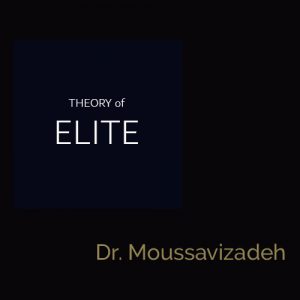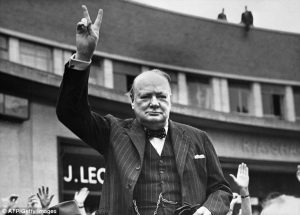Power, and Elite Theories
Thirdly, there are those who accept participation but not the necessity to organize it. “Theirs is a populistic, Rousseauian belief in direct democracy. The conservative opponent of parties believes that the existing social structure is sufficient to link people to government. The administrative opponent sees the bureaucratic structure meeting these needs. The populist opponent denies the need for any intervening structure between the people and its political leaders. He wants a ‘partyless democracy. Jayaprakash Narayan joins Gamul Abdul Nasser and Haile Selassie in denying the relevance of parties to political modernization”.34
Thus the conservative views party as a challenge to the established hierarchy: the administrators see it as a threat to national rule: the populists as an obstacle to the expression of the general will. Nevertheless, all the critiques share certain common themes. As G. Washington has put it:
“Party serves always to distract the public council, and enfeeble the public administration – It agitates the community with ill-founded jealousies and false alarms, kindles the animosity of one part against another, foments occasionally riot and insurrection. It opens the door to foreign influence and corruption, which finds a facilitated access to the Government itself through the channels of party passions. Thus the policy and will of one country are subjected to the policy and will of another.”35
These remarks clearly express the four principal charges against parties which are made in the present time. The no-party state is the state for a traditional society, but as the society modernizes, the no-party state becomes gradually the anti-party state. Later on efforts will be made to furnish party substitutes to find techniques for organizing political participation in such a way as to minimize its expansive and disruptive consequences. As was touched on earlier, the more hostile a government is toward political parties in a modernizing society, however, the greater the probable future instability of that society. Military coups are far more frequent in no-party states than in any other type of political system. The more modernization takes place the more fragile the no-party system becomes.
“A strong political party system has the capability, first to expand participation through the system and thus to pre-empt or to divert economic or revolutionary political activity, and, second, to moderate and channel the participation of newly mobilized groups in such a manner as not to disrupt the system.”36 Moreover, in the long term the competition between the parties and the groups which are outside the political system or in a different political system (an imperial power, a traditional oligarchy) should be institutionalized within the political system.
Those who are in a position to exercise power whether by force (in traditional societies or the third world) or through a strong political party system have a variety of resources such as wealth, knowledge, technical expertise, on the occupation of formal office. In the following chapter we shall be studying how these people who are referred to as elites have reconciled the idea of democracy with their position.



